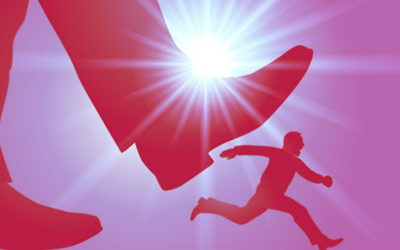New working methods, some of today’s most pressing occupational health challenges, were discussed at the Psychosocial Risk Forum 2014 in Preston, the UK on 1 October. The Healthy Workplaces Official Campaign Partner, the International Institute of Risk and Safety Management (IIRSM), hosted the event together with the University of Central Lancashire (UCLAN).
So what is meant by ‘new working methods’ exactly? They include things such as excess working hours, home-working, hot-desking and other practices which organisations implement with a mind to reduce costs and improve operational efficiency but which can cause great disruption to the mental and physical well-being of workers.
The forum came about following a stress survey the IIRSM conducted with a sample group of workers and which saw 70 % of respondents quote excess working hours as one of the principal causes of work-related stress. ‘We all have a tendency to work longer than our contracted hours from time to time,’ said Barry Holt, Director of Policy and Research at the IIRSM, ‘but the problem occurs when excess hours become the norm, leaving no reserves for times of emergency.’
This survey gave the IIRSM an indicator that more work needs to be done on interventions to mitigate the causes of stress and to change company culture. ‘This forum aimed to help organisations understand the impacts such working practices can have on employees,’ said Holt, ‘too many companies hope that if they ignore work-related stress, it will go away. But this can have grave consequences for both workers’ health and long-term business productivity. They can’t ignore it any longer.’
La suite sur / Following on Healthy-Workplaces.eu






